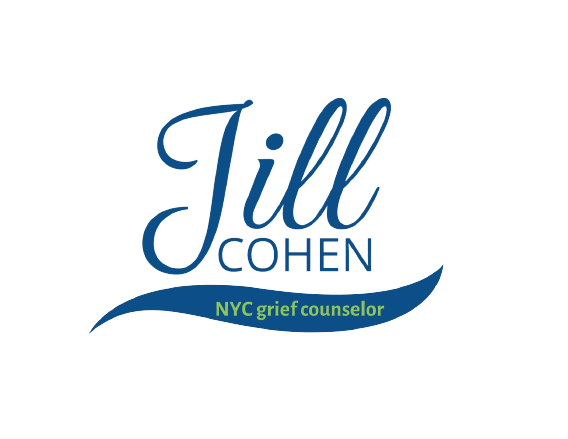Twin Grief: The Loss of “My Other Half”
5 Minute Read
When your other half passes away
When someone tells me that their brother or sister died, naturally, I think about how sad they must feel.
Then, when they tell me that their sibling was their twin, double sadness hits me. In fact, it was the death of their “other half.”
Nobody can fully understand what a twin experiences when their sibling dies, unless they themselves are a twin. And even then, as we know, no two people grieve alike, and no two relationships are the same.
So, be extra sensitive when your twin friends lose their other half. It usually feels like they have lost a piece of themself. Your twin friends may tell you that “you just don’t understand.” And that’s the truth. And if you’re a twin grieving your twin, know that it’s normal if your grief feels doubly hard.
Lately, in my grief counseling practice I have been supporting quite a few sets of twins.
Regarding their grief, some twins report that:
When their twin died, their own life stopped too (stopped eating, socializing etc.)
There can be guilt for being the surviving twin, still alive
The uniqueness of the twinship bond makes grieving more complicated.
The grief can last longer and more intensely than the loss of nearly anyone else, especially for identical twins (as opposed to fraternal.) Identicals sometimes experience a more powerful and persistent grief than do fraternal twins.
They often viewed their twin as their best friend and confidante, and so after the loss, they may have less of a social circle of support and deep connectedness than others do.
Family dynamics always change in some way after another after a family member dies.
Their identity as a “twin” is lessened. Gone are the situations in which they are mixed up with one other, or others are asking how their twin is and what their twin is doing, as happened when both were alive and were considered “one person” or “a part of each other.”
Sometimes, they still get mixed up with their twin if they look alike, or people will constantly say, “I feel like I’m looking at your twin when I look at you.”
Because the “twin” category is so different from others, a very helpful organization was created.
Twinless Twins (twinlesstwins.org) was founded 1986 by Dr Raymond Brandt, a therapist who lost his identical twin decades earlier. There are now ten chapters around the country, and a few worldwide. One member of the organization claims “It’s like we have an unbreakable bond of immediate understanding and empathy when we see each other. The hardest part of the grief is relearning who we are in the world without the existence of our twin.”
Photo by Aaron Burden on Unsplash
For Twinless Twins, the very strong twindom bond is what is unique to them. The closeness of twin relationships is said to develop early – even in the womb. The closeness of the relationship between twins develops early in life and helps them avoid loneliness. And as they mature, twins are likely to spend a great deal of time together sharing experiences and key life stages. Some may even have a private language or way of communication with each other.
They often experience complicated feelings since their identity is so intimately bound up with that of their twin sibling. The death can result in profound feelings of loneliness. Their “blended identity” can create complex feelings, as an identical twin may always be reminded of their twin who has died when seeing their own reflection in the mirror. This can be either unsettling and disorienting or it can be comforting, or a little bit of both. The remaining twin is now identified as a “singleton” and moves from an identity that included another to one that is only self. See link below from an article, The Uniqueness of Twin Loss and Grief, from the Bereavement Journal
The Impact of Losing a Twin
For sure, the death of a twin sibling can have a profound impact on the surviving twin. Research shows that this grief can be prolonged and intense. Grief from twin loss is paramount whether the twin died during childhood, young adulthood, middle age or later in life. That’s why so many twins seek guidance and support as they grieve.
With the proper support, grieving twins can be helped to manage the impact of their grief. The best coping tools include professional grief counseling, talking and sharing with friends and other twins (ie. Twinless Twin group meetings and events), learning to accept your feelings, taking care of yourself, celebrating their life together and remembering positive times, and strategizing for when grief may be triggered.








